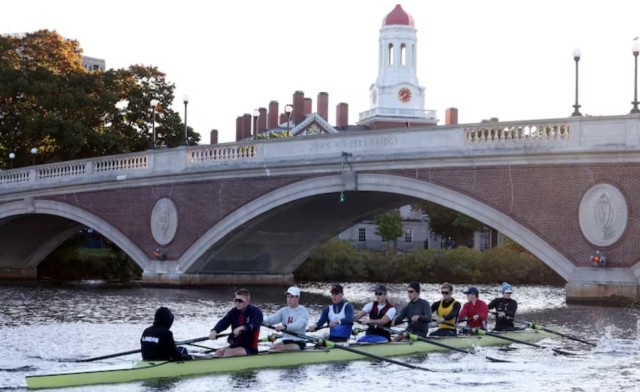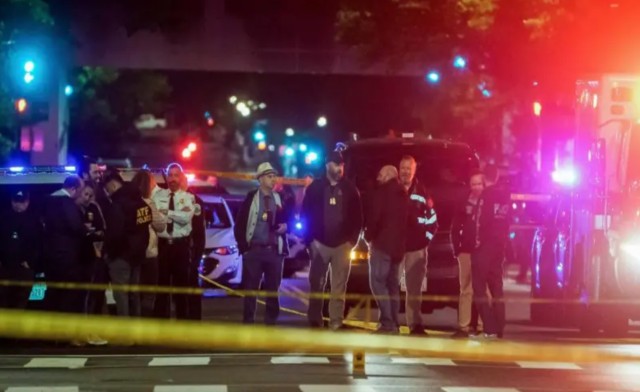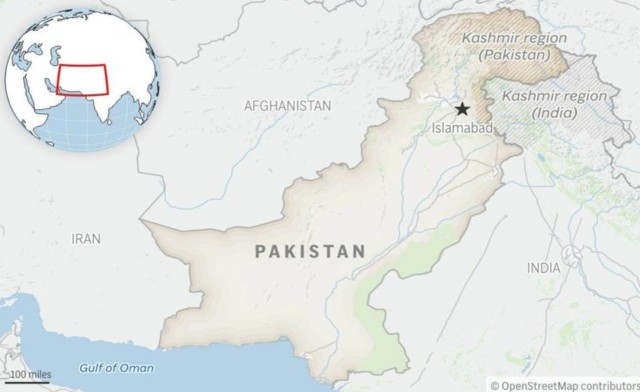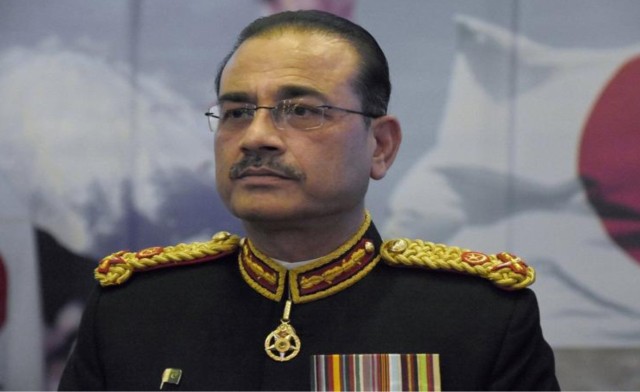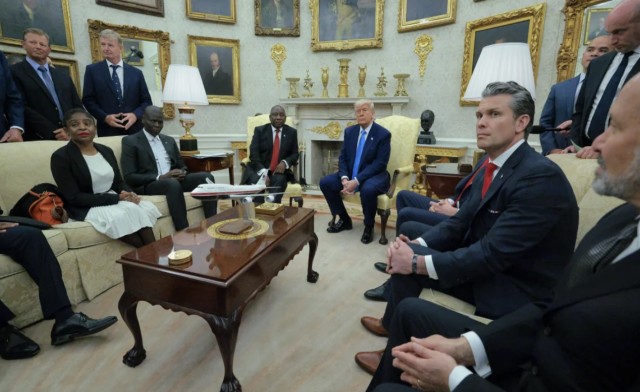
Two former jihadists, one linked to Lashkar-e-Taiba, were appointed to Trump’s White House advisory board.
The recent inclusion of two former jihadists on Donald Trump’s White House Advisory Board has sparked outrage. One of them, Ismail Royer, has a controversial history tied to terrorism, including links to the Pakistan-based group Lashkar-e-Taiba (LeT).
From Jihad to the White House
Ismail Royer, a U.S. citizen and convert to Islam, once trained at a Lashkar-e-Taiba camp in Pakistan in 2000. He later took part in militant operations in Kashmir, allegedly firing at Indian security forces. In 2004, he was convicted by a U.S. court for providing material support to terrorist groups and served 13 years of a 20-year sentence. Royer was involved with what came to be known as the "Virginia Jihadi Network." This group aimed to support Islamic militancy overseas, particularly in Kashmir and Afghanistan. The FBI investigated Royer and several others linked to this network. Charges included conspiracy to wage war against the U.S. and providing support to al-Qaida and LeT.
Who is Ismail Royer Now?
Royer currently serves as the Director of the Islam and Religious Freedom Action Team at the Religious Freedom Institute. His transformation from a convicted terrorist to a religious freedom advocate has raised eyebrows, especially after his appointment to a White House board. He admitted, as part of his plea agreement, to helping fellow militants travel to Pakistan. There, they trained in the use of firearms, explosives, and even rocket-propelled grenades. Royer supported multiple individuals in accessing LeT camps, where they prepared for violent missions against Indian forces.
Laura Loomer Sounds the Alarm
Right-wing activist and Trump ally Laura Loomer exposed Royer’s appointment on X (formerly Twitter). She described it as “insane” and questioned how someone with a terrorism conviction could hold such a position. Loomer also played a role in the earlier dismissal of Trump’s National Security Adviser Mike Waltz. Loomer highlighted Royer's conversion to Islam in 2000 and his subsequent activities. She shared that Royer, then known as Rendell Royer, assisted several others in receiving weapons training under LeT's supervision.
Another Controversial Appointment
Alongside Royer, another individual with alleged ties to jihadist ideologies has joined the advisory board. Shaykh Hamza Yusuf, co-founder of Zaytuna College—the first accredited Muslim liberal arts college in the U.S.—was also named to the board. Yusuf is a respected Islamic scholar but has faced criticism from some quarters over his past associations and views. He also serves as an adviser at the Center for Islamic Studies at the Graduate Theological Union in Berkeley.
Public Reaction and National Security Concerns
The appointments have triggered widespread concern over national security. Critics argue that giving former extremists any advisory role, especially involving public policy, sends the wrong message. While some believe in rehabilitation, others insist that terrorism convictions should permanently disqualify individuals from such positions. Supporters of the move claim that former extremists can offer unique insight into deradicalization efforts. However, the lack of transparency in these appointments is troubling many within the political and security communities.
Advisory Board Under Scrutiny
The White House Advisory Board of Lay Leaders is meant to provide guidance on religious and cultural matters. But the inclusion of individuals with jihadist pasts has raised questions about vetting and judgment within Trump’s team. As the 2024 election draws closer, controversies like this could influence public opinion. For now, the debate over whether redemption should include political influence continues to divide Americans.
Final Thoughts
The presence of ex-jihadists on Trump’s advisory board has ignited a fierce debate. Are these appointments a step toward inclusion, or a national security risk? Time—and the public—will decide.





